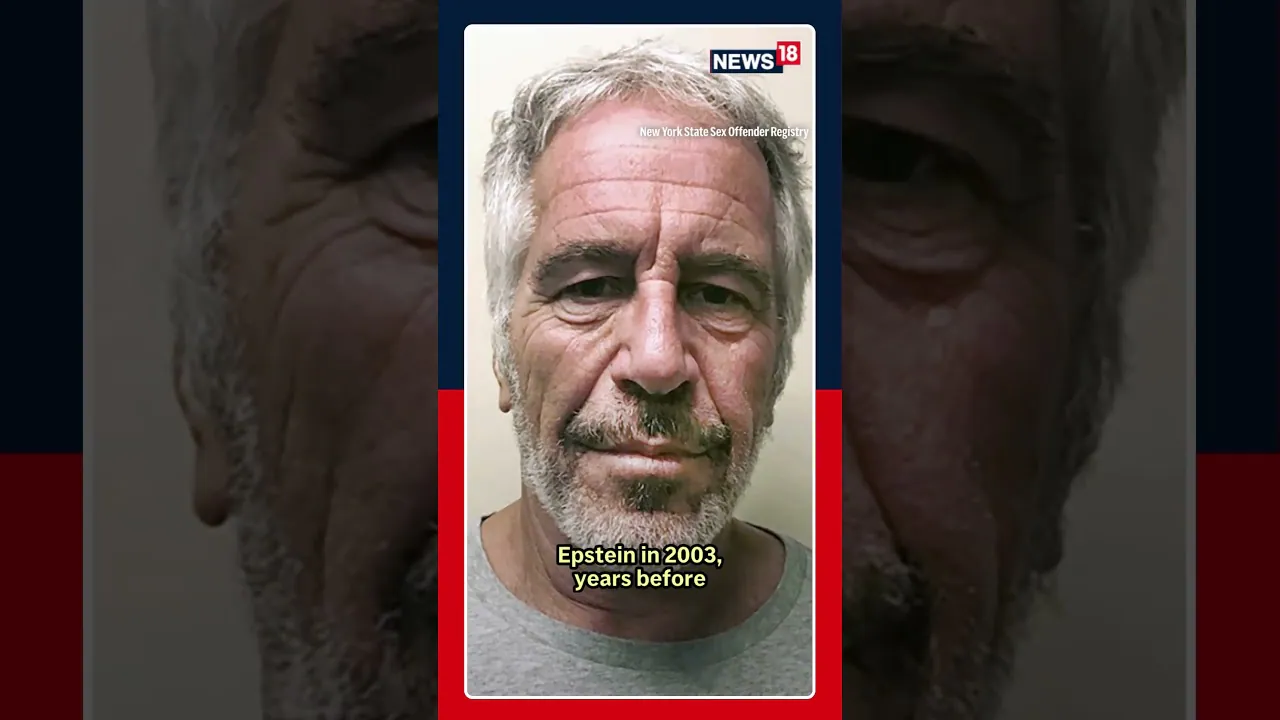By Molly Grace
Copyright euroweeklynews

French President Emmanuel Macron and his wife, Brigitte Macron, are pursuing legal action in a U.S. court to counter false claims that Brigitte was born male. The defamation lawsuit, filed in Delaware Superior Court in July 2025, targets right-wing commentator Candace Owens, who has repeatedly propagated the conspiracy theory online.
The allegations, which suggest that Brigitte Macron is a transgender woman named Jean-Michel Trogneux, have been widely debunked. Owens has promoted these claims through an eight-part podcast series and other social media posts, despite their lack of factual basis. The Macrons’ legal team maintains that the statements are false, defamatory, and have caused significant distress. The Macrons plan to present scientific and photographic evidence in court to disprove the claims. Their attorney, Tom Clare, has said the evidence will include expert testimony as well as personal photographs of Brigitte Macron, including images documenting her pregnancies and her role raising her children. Clare noted that while presenting such evidence is emotionally taxing, it is essential to restoring the truth and defending Brigitte’s honor.
Owens has argued that her statements are protected under the First Amendment as free speech. She has filed a motion to dismiss the case, questioning whether the Delaware court has jurisdiction and challenging whether the Macrons can demonstrate that she acted with “actual malice”—that is, knowingly spreading false information or acting with reckless disregard for the truth. The court will now need to assess these legal questions as proceedings continue. This U.S. case follows earlier legal action in France. In that instance, Brigitte Macron and her brother successfully won a defamation lawsuit against two bloggers who spread the same rumors. However, the decision was overturned on appeal in 2025 on free speech grounds. The reversal prompted the Macrons to pursue legal recourse in the United States, where they hope to hold Owens accountable for circulating false information.
The Macrons’ lawsuit seeks unspecified compensatory and punitive damages. It also aims to send a broader message about the personal and public consequences of disinformation. The couple’s legal team emphasises the importance of safeguarding individuals’ reputations against baseless conspiracy theories, particularly in an era where digital platforms can amplify false claims to large audiences.
Observers note that the case highlights the challenges public figures face in countering disinformation while balancing legal protections for free speech. It also underscores the personal toll such claims can take, particularly when they concern sensitive aspects of an individual’s private life.
As the proceedings unfold, the Macrons remain committed to demonstrating the falsity of the allegations. Their legal strategy focuses on providing clear and compelling evidence to rebut the claims and protect Brigitte Macron’s public and personal identity.
The case continues to attract attention internationally, reflecting broader debates about the responsibilities of social media influencers, the limits of free speech, and the mechanisms available for addressing false information in the digital age.



